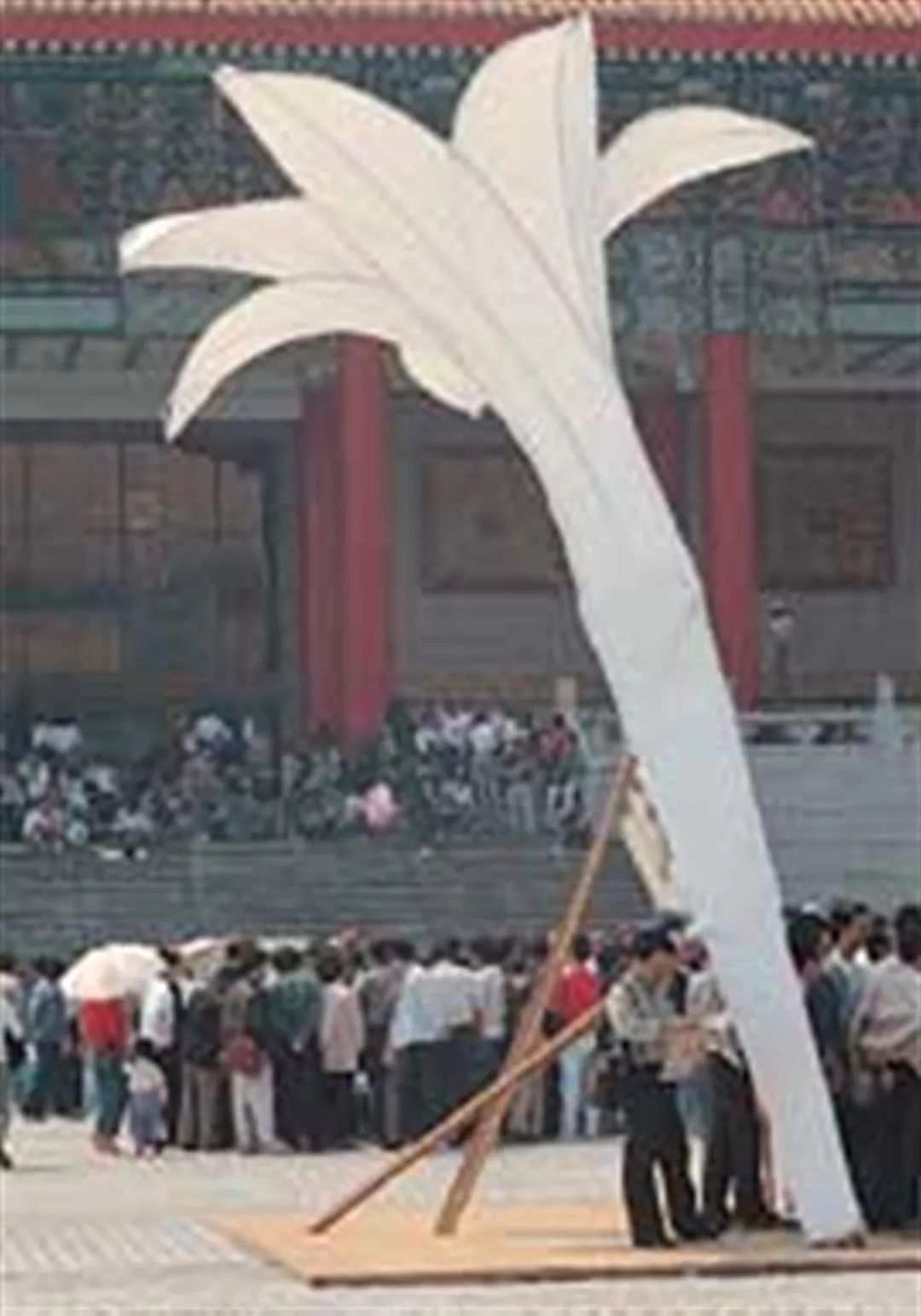Balancing act
Looking at the political scene today, there is certainly no shortage of people who are both academics and officials, and many who weave back and forth between the two. Is it the case that the traditional Chinese idea that "the outstanding scholar becomes an official" has already begun to cast a sweeping shadow over the academic community?
Yang Kuo-shu, concurrently a professor of psychology at NTU and also a member of the Academia Sinica, addressed this question in an article entitled "The Dilemma Facing Taiwan Intellectuals and Its Transcendence." Because the government needs talented people, many people from outside political circles are "captured" into government. They thereby find themselves sharing the fate of Chinese scholars for millennia, i.e. "the outstanding scholar becomes an official." There are even those who covet office for its own sake, without any ideals or approaches for governing the country in mind. This is a major problem faced by Taiwanese intellectuals today.
"From a modern, pluralized perspective, the feudal idea that 'the outstanding scholar becomes an official' should not be practiced today. In other words, it's not that scholars can't participate in politics at all, but that you shouldn't get the impression that every name on a list of government ministers is from academia, or that whenever there's a cabinet reshuffle all you get is a new group of scholars," says Hsia Chu-joe, a professor in the Graduate Institute of Building and Planning at NTU. Intellectuals should be provocative and free-spirited. But policy makers have to be cautious and diplomatic, and cannot be too emotional, and most of all cannot bring their personal ideology into it. The two roles are different by nature, so if the individual is not able to adjust well, the outcome could be a disaster.
Given Taiwan's current political environment, in which the opposition party controls the legislature, is it really effective for the government to bring so many NTU scholars into government? Can they do something more for the government than just give it a reputation for hiring learned people? On the other side of the equation, can government service really help scholars make better contributions to their fields after they return to academic life?
Lin Wan-i says that his journey between academia and government has been a positive experience. Because he comes from Taida, bureaucrats and elected officials showed great respect for his expertise in areas such as dealing with disadvantaged groups, helping high-school dropouts, and selection of school principals. Even now that he is out of office, his policies continue.
"Now when I teach, write, or do research, the results are definitely richer and more mature than if I were just rehashing theory. I can use Taiwan as a case study to test Western concepts," says Lin. He emphasizes that besides personal ability, the most important thing for turning one's official experience into academic research is to not stay away from academia for too long, otherwise it is difficult to "pick up" your professional field again.
"If the government 'borrows' scholars, Taida is the real winner," says Lin, arguing that the presence of scholars in politics raises the school's reputation and gives people the sense that it enjoys access to the centers of power. It's just that Taida has always been known for exactly the opposite-that its thinkers remain unsullied by and aloof from day-to-day politics. When professors leave for government posts or when they return, NTU makes no official comment, unlike some private universities that consider it a real honor.

In March of 1990, 5000 impassioned students gathered on the plaza at the Chiang Kai-shek Memorial Hall to demand the convening of a national affairs conference and other reforms. This "Wild Lily" student movement, sparked by students at Taida, had a profound impact on democratic reform in Taiwan. (photo by Vincent Chang)